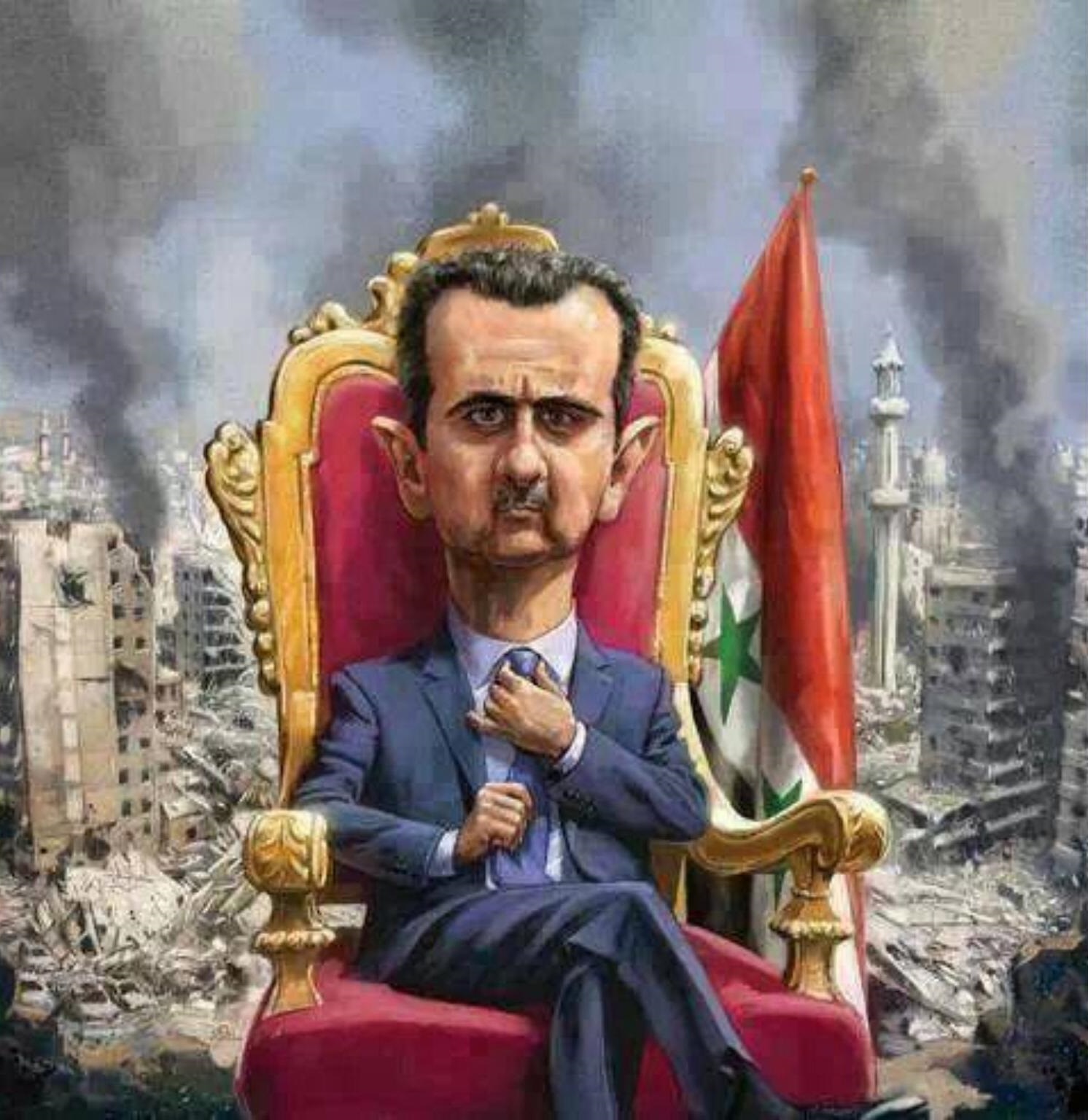Russia, which has been militarily assisting the regime in the conflict since its intervention in 2015, has remained firm in its view that Syrian refugees who fled the regime's crackdown and the ensuing civil war should be returned to the country.
November 13, 2020

Source: Middle East Monitor
Russia has pledged a total of $1 billion to the Syrian regime under President Bashar Al-Assad in order to support the building of the country’s infrastructure and economy and has also decided to open a trade mission in the capital Damascus.
Moscow’s support came amid the two-day conference on the return of Syrian refugees, which was held in Damascus yesterday and the day before, and to which a large Russian delegation was sent to represent the regime’s key ally.
The grant was announced by Mikhail Mezentsev, the head of the Russian National Defence Management Centre, for the purpose of contributing towards Syria’s reconstruction. He also said that Russian and Syrian officials were to sign eight memoranda of cooperation in the fields of energy, customs and educational activities as part of that contribution.
To ensure those agreements are properly facilitated and implemented, it was also announced that Russia would soon establish a trade office in Damascus.
The conference was attended by a number of countries including Iran, China, Venezuela, India, Cuba, Kyrgyzstan, Jordan, Lebanon, the UAE and Brazil – many of which do not hold a significant number of Syrian refugees. Meanwhile, countries which hold large numbers of the refugees such as Turkey and nations in the European Union refused to attend the conference.
It was also ridiculed by the United States as “just a dog and pony show meant to distract from the fact that the Russians and the Assad regime have not done what the international community has been pressing them to do, which is to end the war and move to a political solution under UN Security Council resolution 2254.”
The Assad regime and Russia’s hosting of the conference was criticised by many in the international community due to the fact that they deem the regime-controlled areas to be safe. There has emerged much evidence, however, that those refugees who did return to their areas under the control of the regime were again subject to arrest, detention and torture by the security services.
Russia, which has been militarily assisting the regime in the conflict since its intervention in 2015, has remained firm in its view that Syrian refugees who fled the regime’s crackdown and the ensuing civil war should be returned to the country.
Moscow’s Foreign Ministry – represented by special envoy Alexander Lavrentiev on behalf of Foreign Minister Sergei Lavrov – stated at the conference that the numerous overcrowded refugee and displacement camps in northern Syria should be dismantled to prevent the formation of hotbeds of terrorism.
It also acknowledged that the return of refugees would require the establishment of decent living conditions and the reconstruction of the damaged areas under regime control, which it aims to contribute to with the $1 billion grant.
